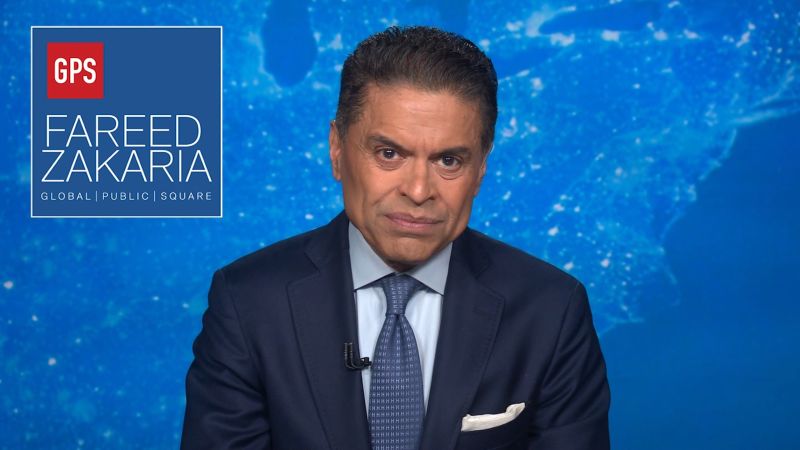Manufacturing Mirage: How Trump's Tariff Gamble Fails to Revive America's Industrial Dream

In a bold yet controversial economic maneuver, President Trump has dramatically reshaped the nation's thriving economic landscape through aggressive tariff increases, ostensibly aimed at revitalizing American manufacturing. Renowned global affairs expert Fareed Zakaria draws a striking parallel to a pivotal moment in economic history: the infamous Smoot-Hawley tariffs of 1930, which were designed to prop up a struggling agricultural sector.
These sweeping trade policies represent more than just economic strategy—they embody a nostalgic vision of American industrial might, yearning to resurrect bygone economic paradigms. However, Zakaria argues that such backward-looking approaches are fundamentally misguided, potentially causing more economic harm than good for everyday Americans.
By imposing substantial tariffs, the administration seems intent on turning back the clock, attempting to shield domestic industries through protectionist measures. Yet, history suggests that such strategies often backfire, creating unintended consequences that can undermine the very economic sectors they aim to protect.
The echoes of past economic missteps are unmistakable. Just as the Smoot-Hawley tariffs ultimately contributed to deepening the Great Depression, today's tariff policies risk disrupting the delicate balance of global trade and potentially stifling the innovative spirit that has long defined American economic dynamism.
